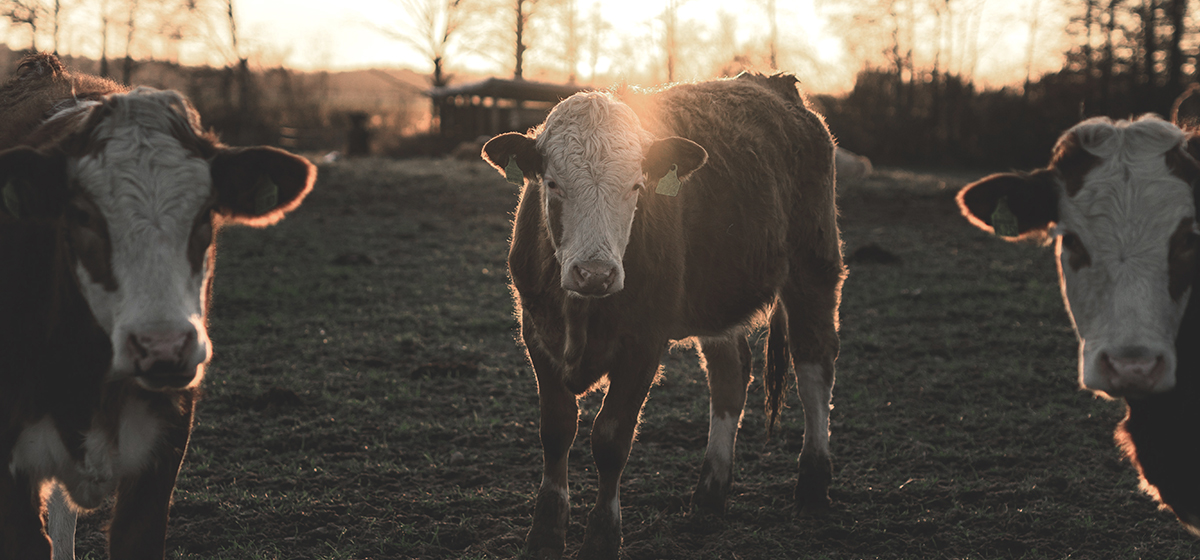Cats are obligate carnivores, which means they need a hefty amount of protein to be healthy. They can eat meat like chicken, fish meat like tuna, salmon, and sardine. But this also begs the question, ‘Can cats eat beef?’
It’s no surprise if your cat turns up their nose at even the most decadent of food. So we’re always on the lookout for alternatives that aren’t just delicious but nutritious as well. The thought may have crossed your mind to let your finicky friend try beef, but you’re unsure if they can eat it or if it’s actually safe for them.
Can cats eat beef?
The simple and straight answer is, yes, your cat can eat beef. It’s nutritious and an excellent source of vitamins and minerals. It will even help give their muscles and soft tissues the building blocks they need to repair and stay healthy. Most cats like to eat beef, so they are likely to enjoy some every now and then.
As with any new food, some cats may get a reaction on the first try. Start with a small amount. If your cat enjoys it and there are no ill effects, you can continue to include beef in their diet.
A reasonable suggestion would be to feed them beef once or twice a week. This way, you can be sure that your cat’s getting everything they need while also enjoying a little variety. When in doubt, talk to your veterinarian to help create a diet designed specifically for your cat’s needs.
Health benefits of beef
Beef is also rich in minerals like iron, zinc, manganese, and selenium, which are all important for health and nourishment. Beef is also a great source of vitamin A, vitamin C, and B complex vitamins.
It’s well-known that cats require adequate taurine intake, and beef liver is a wonderful source. Feeding your cat beef liver will keep them strong and healthy while meeting their taurine needs.
Can cats eat raw beef?

There’s a significant debate on whether or not a raw diet is advisable for cats.
Nutrition-wise, raw beef brings some benefits to your cat’s health. Raw beef is high in protein, nutrition, and moisture. It’s suitable for cats who don’t like to drink water.
However, we have to be cautious of the meat’s source, especially its quality and handling process (particularly salmonella). Cats can get sick because of parasites and bacteria living in raw meat. It’s possible for cats to pass this on to humans, spreading bacteria around the house.
Raw beef can pose a threat to your cat’s health. Always get ingredients from safe and reliable sources to ensure food safety. Our cats’ ancestors have grown in the wild, and meat from prey has always been their primary diet. But our domesticated felines have come a long way, so raw beef may be too much for their sensitive stomachs to handle.
If you want to try feeding raw beef to your cat, reach out to an animal nutritionist. They can assist you in developing a complete and balanced diet for your cat that includes raw beef. They can also advise you on how to properly manage a raw diet.
The pros of beef for your cat

Beef comes with many benefits. The fatty acids found in meat improves a cat’s coat and gives it a healthy sheen. Chewing raw beef also aids in dental health, making teeth strong and sturdy.
Just be extra cautious as raw beef (or any kind of raw meat, for that matter) tends to come with bacteria. Some can be good for your cat, but most are not. Certain harmful bacteria, like salmonella, E. coli, and legionella, can pass from cats to humans, which can cause illness in both.
Also, if your cat accidentally ingested a piece of bone, it could lead to choking or internal injuries. This requires immediate attention and can sometimes need a surgical procedure to remove the bone.
To include beef in your cat’s diet without the risk of harmful bacteria, try earthmade Free-Range Grass-Fed Beef. Our beef is free-range and grass-fed, sustainably sourced from New Zealand. Our kibbles are also BSE (bovine spongiform encephalopathy)-free. BSE is a transmissible and fatal neurodegenerative disease that affects cattle, which has never been detected in New Zealand.
It’s enriched with rosehip extract and high in antioxidants, vitamins A and E, and omega-3 fatty acids. It also has kiwi for vitamin C, which helps with hairball control. Glucosamine and chondroitin are also present for joint health. Manuka honey’s antibacterial properties can strengthen the immune system while also reducing gut inflammation. earthmade kibbles are suitable for all life stages too.
The verdict is beef can be safely fed to cats. Start in small quantities to give your cat time to adjust to their new food. This also gives you ample time to check for side effects that can cause health problems. As always, consult your vet to make sure beef is suitable for your cat.
